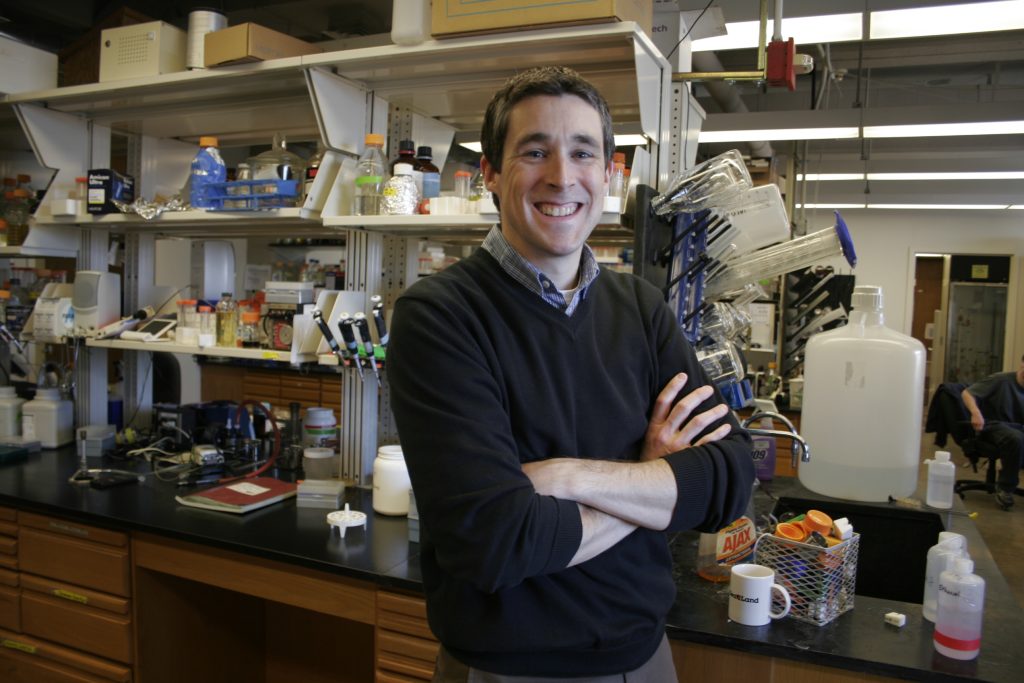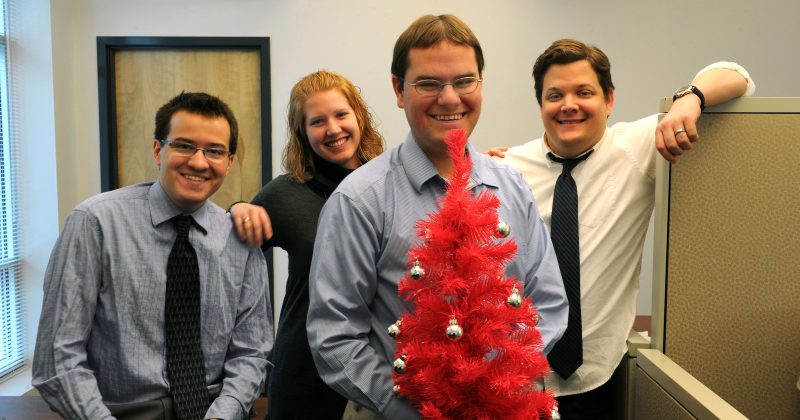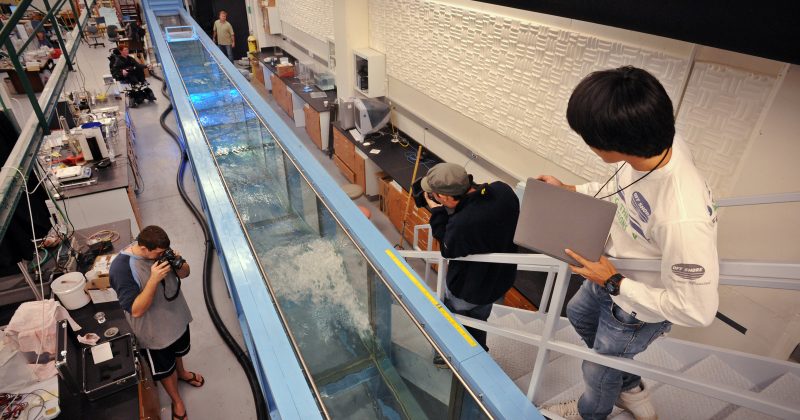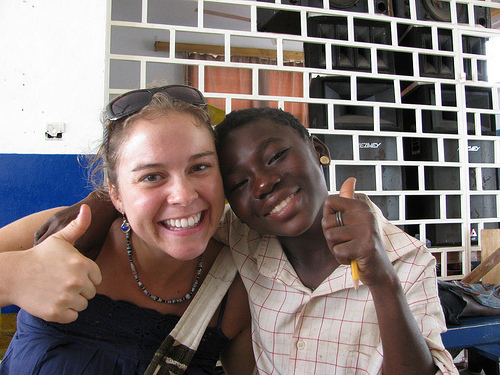
Chemist Matt Redinbo is addressing the looming threat of incurable staph infections -- a global health problem. (photo by Lars Sahl)
Many kinds of staph infections are now resistant to all but one antibiotic. Chemist Matt Redinbo’s team has identified a mechanism by which such killer infections spread, and they have suggested ways to stop them before it’s too late.
Worldwide, many strains of the bacterium Staphyloccocus aureus, commonly known as staph infections, are already resistant to all antibiotics except vancomycin. But as bacteria are becoming resistant to this once powerful antidote, S. aureus has moved one step closer to becoming an unstoppable killer.
The UNC team’s work addresses the looming threat of incurable staph infections — a global public health problem that has mobilized scientists across disciplines to work together to identify the Achilles heel of these antibiotic-resistant bacteria.
“We used to live in a world where antibiotics could readily cure bacterial disease,” said Redinbo. “But this is clearly no longer the case. We need to understand how bacteria obtain resistance to drugs like vancomycin, which served for decades as the ‘antibiotic of last resort.’”
“This is really exciting for us,” added Redinbo, a chemistry professor who also holds appointments in UNC’s School of Medicine and Lineberger Comprehensive Cancer Center. “It opens the door for potentially stopping the spread of antibiotic resistance — and that’s exactly what we need in this post-antibiotic era.”
The work was published in the Proceedings of the National Academy of Sciences.
Published in the Spring 2013 issue | The Scoop
Read More

No. 1 Pollster: Alum’s firm named most prolific, accurate in the U.S.
Public Policy Polling (PPP) is considered one of the top…

Making Waves: New generator allows researchers to study rogue waves, tsunamis
A new wave generator in the Chapman Hall wave tank…

Q&A with Dennis Whittle, co-founder of GlobalGiving
This Q&A interview supplements an alumni profile feature on Dennis…

